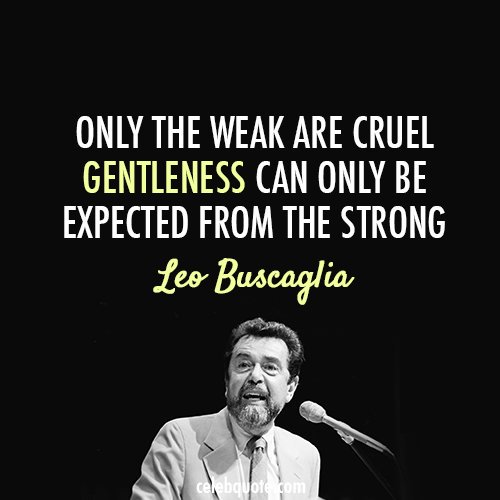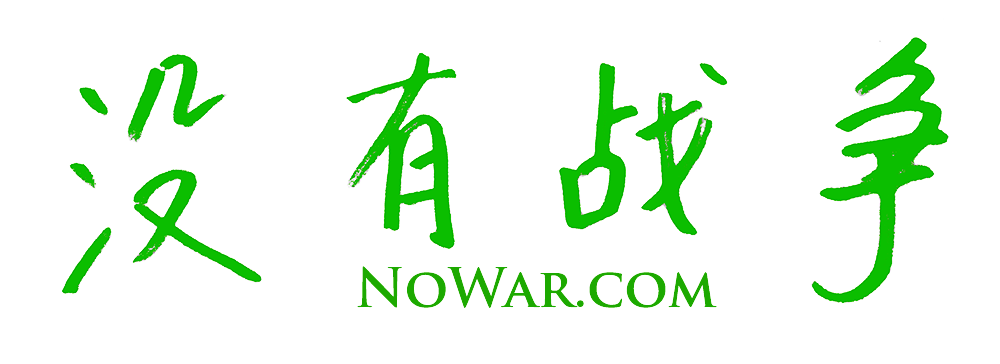The Lacedaemonians lived in Lacedaemon, better known as Sparta. It would seem strange that a military state like Sparta would have citizens who display such kindness to strangers, but one could argue it is the fact they understood the hardships of war that they were able to understand the value of comfort. This is in accordance to Sun Tzu: "If one is not fully cognizant of the dangers inherent in doing battle, one cannot fully know the benefits of doing battle."
It is another fact that Lacedaemonian women had virtually the same amount of freedom as men. From birth, girls were educated and literate. As women, they studied philosophy (as advocated by my intellectual hero Musonius), were able to own property, and were even able to speak out in public against men. How does one explain Lacedaemonian women having these freedoms in 7th century BC? Could it be that the Lacedaemonians valued liberty so much that they can't stand seeing others in bondage?
In modern times, it is almost a certainty that the soldier who had seen the most battle would be the biggest dove. Take for example US Marine Corps major general Smedley Butler (1881 – 1940), who was the most decorated Marine at the time of his death: 16 medals, five in heroism, two of which were the Medal of Honor. General Butler would spend the last part of his life educating people about the horrors of war and the profiteering of war. I'm sure he had his critics but I'm also certain they didn't have sufficient gravitas to challenge his position. He understood war inside and out, and thus was forceful and convincing in his opinion. His opposition didn't have a fighting chance.
On a personal note, a few nights ago I had an emotional dream. For whatever reason, I had no car and had to rely on the bus to get home. When I was young, I rode the bus on a regular basis, whether it was to go to school or to go to work. So I am no stranger to public transportation. However, in my dream, I felt a heavy sense of helplessness. I had no money and no idea where I was or how to get back home. Every stranger I was able to talk with were either very mean or when they did try to help, it was wrong or inadequate. People had good intentions but didn't go far enough to ensure I was indeed on the right path. It wasn't until I came across a poor woman with children was I able to get real assistance. She understood exactly how helpless I was feeling, and so had the empathy to make sure I finally got on the right bus that took me home.
In the examples above, you can see that the mark of peace is having a deep appreciation of peace. And to truly appreciate peace, one must have experienced the grave absence of it, which can be found in loss, hardship, struggle, conflict, and, ultimately, violent combat. When people have experienced such pain, they tend to not only empathize with others who experience the same pain but they also have a firm and impenetrable conviction for peace. Only someone ignorant of his or her weakness would try to oppose this position of strength, and he or she would fall flat.
This is analogous to Epictetus's lesson about a bull that knows he can charge forward to protect the herd from an attacking lion. That capability doesn't happen overnight. It takes training, practice, and experience. Only then can awareness, reasoning, and empathy become strengths. Only then can those strengths be translated into tangible results. And only then can peace be possible even in the face of trouble, adversity, and misfortune.
"One who is skilled in warfare principles subdues the enemy without doing battle." Sun Tzu




 RSS Feed
RSS Feed